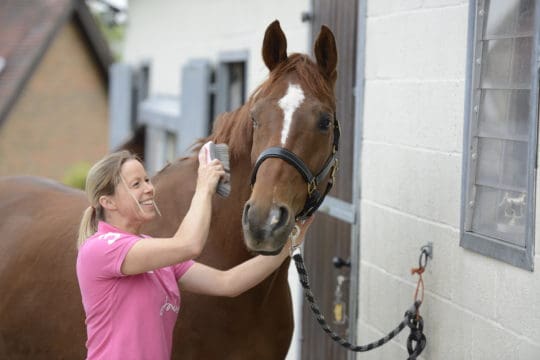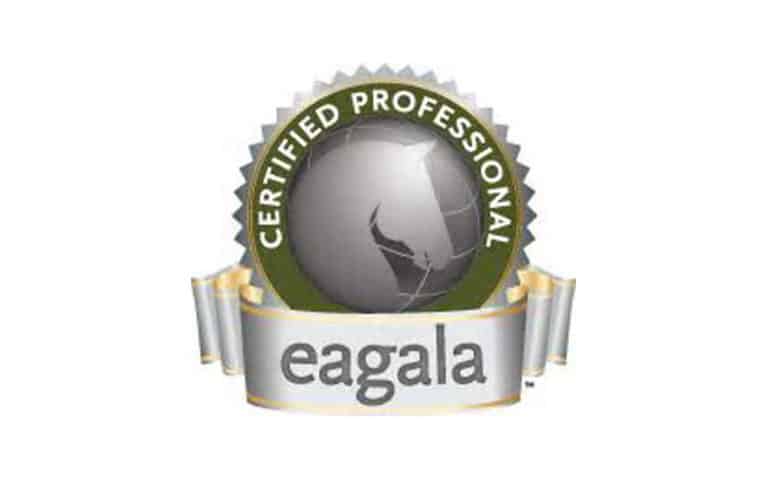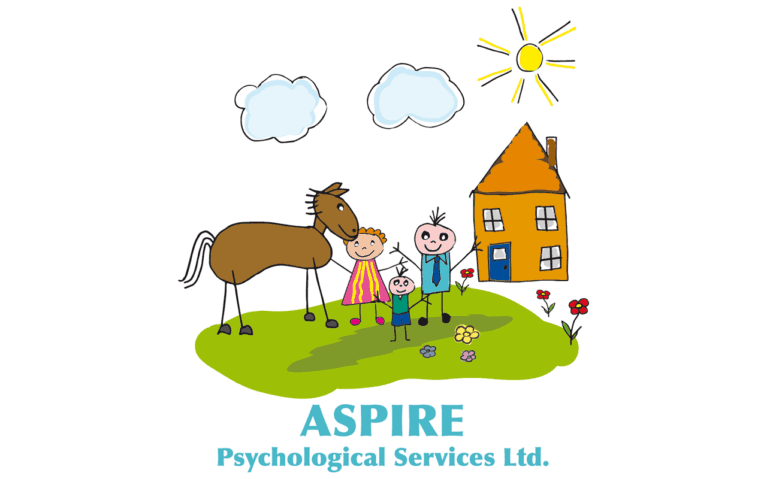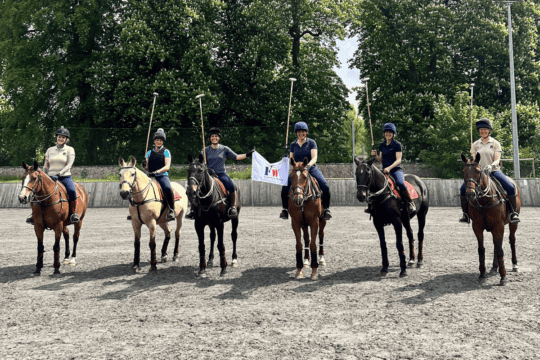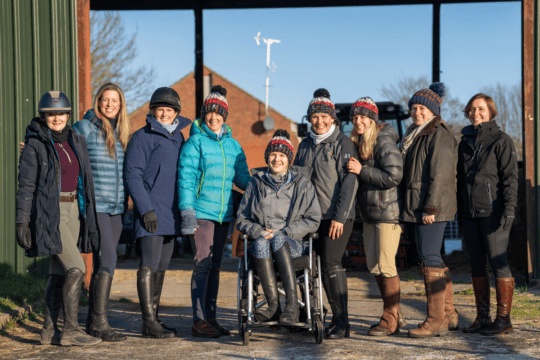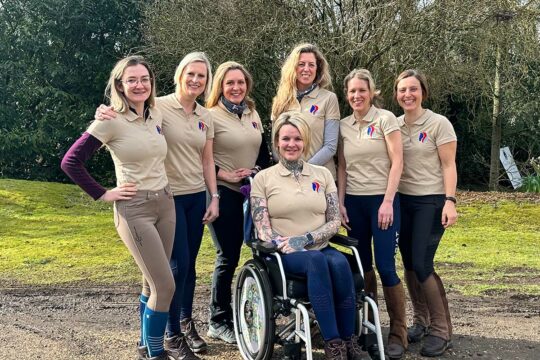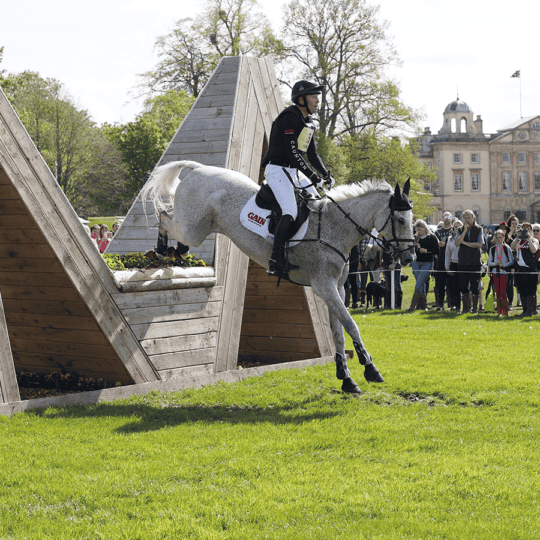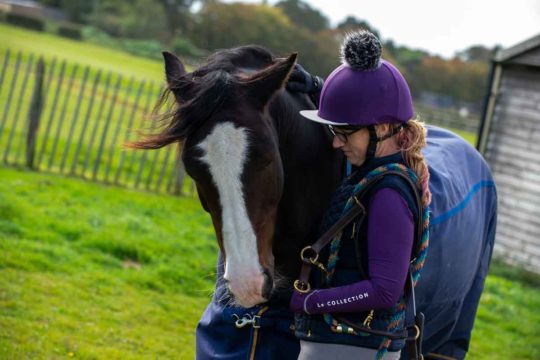
Most Read Articles
The use of horses in therapeutic approaches is continuing to grow worldwide due to the amazing outcomes that can be achieved. This approach to psychological therapy is called equine assisted psychotherapy.
What is equine assisted psychotherapy?
Equine assisted psychotherapy (EAP) is a developing treatment where humans interact with horses in their natural environment to help with emotional growth and learning. It’s a collaborative effort between the client, a mental health professional or therapist, an equine specialist and the horses themselves.
The therapeutic work is integrative, drawing from systemic theory, attachment theory, dialectical behaviour therapy, cognitive behavioural therapy and behavioural activation therapy as needed, and always incorporates elements of mindfulness and emotional regulation.
Equine assisted psychotherapy often helps clients change and grow more effectively and quickly than traditional psychological approaches. This is because people typically learn best by doing. Life lessons take deeper root when individuals both understand them in their heads and experience them in their bodies. Working with horses is engaging and hands-on. This helps clients to learn about themselves and others by participating in activities with the horses, then discussing and processing feelings, behaviours and patterns.
So why horses?
The horses allow the work to be conducted in a gentle way, with the focus on the horses and their behaviour rather than solely on the client themselves. This helps to reduce anxiety and allows the client to explore their difficulties in a very supportive, calming, grounding environment. They also…
- are non-judgement and non-confrontational
- are sensitive, especially to intent, and can detect and mirror human emotions through their own responses and behaviours
- can provide immediate and honest feedback
- don’t lie or hold grudges
What are the benefits of EAP?
By working with horses and professional therapists, clients can discover new ways of dealing with and overcoming problems. They learn about themselves, including how they relate to others, and develop self-awareness, confidence and ability to take responsibility and make decisions. These skills are transferable to other areas of their lives and are proven to improve overall emotional and mental wellbeing. The real, fully felt experience is also believed to lead to longer lasting change.
The environment in which EAP therapy takes place is believed to be less stressful than more formal therapies, and the approach is less threatening and direct. This makes it more accessible, particularly for client groups who struggle with more traditional therapeutic models. It’s also great for those who simply prefer to think about things in a more natural, outdoor setting, or those who find it hard to talk about or name their emotions or difficulties. Because horses communicate through non-verbal means, it provides the opportunity for clients to explore things in a non-verbal way as well.
The EAP model provides freedom to move at the client’s own pace and move away from the work if it feels too intense in that moment. Because it’s more gentle, non-invasive and experiential in nature, clients often experience change and improvements within a much shorter time-frame. Even cthose who may have exhausted more traditional treatments have reported improved emotional and mental wellbeing within 8-12 sessions.
EAP is a powerful, effective therapeutic approach that has incredible benefits for individuals from children to adults, and can help to address a variety of mental health and behavioural difficulties including trauma, anxiety, depression, relationship problems and communication needs. It’s not just about therapy – EAP is a tool to explore the self and aid personal development both in day-to-day life and within the workplace.
What happens in an EAP session?
It’s all on the ground and sessions involve no riding. This allows the horses to be themselves, without having to act in a certain way, and they’re free to come and go as they please. Similarly, our clients are under no pressure to be anything other than themselves. This is a space to explore, be yourself and build relationships on an equal footing.
The therapy involves spending time with the horses and can include activities such as grooming, handling and leading, plus other tasks that require the client to apply certain skills such as non-verbal communication, assertiveness, emotional regulation, creative thinking, problem-solving, leadership and teamwork.
EAP at Aspire
Aspire Psychological Services provides EAP and EAL (equine assisted learning) at our small, private facility in the North East of England. Sessions are facilitated by two qualified clinical psychologists, alongside the most important team members – our well-established herd of seven horses.
We are experienced in working with clients across all age groups, from a wide range of backgrounds presenting with a variety of difficulties including trauma, developmental trauma, Autism, learning disabilities and enduring mental health issues. We work with individuals, couples, families and groups to develop a bespoke intervention that’s designed to provide the greatest opportunity for healing, recovery and growth. Aspire are also working towards being able to offer day and weekend wellness retreats for individuals or teams, including corporate teams, with a chance to re-connect with nature and the self, plus self-exploration and personal development, away from the pressures of everyday life.

